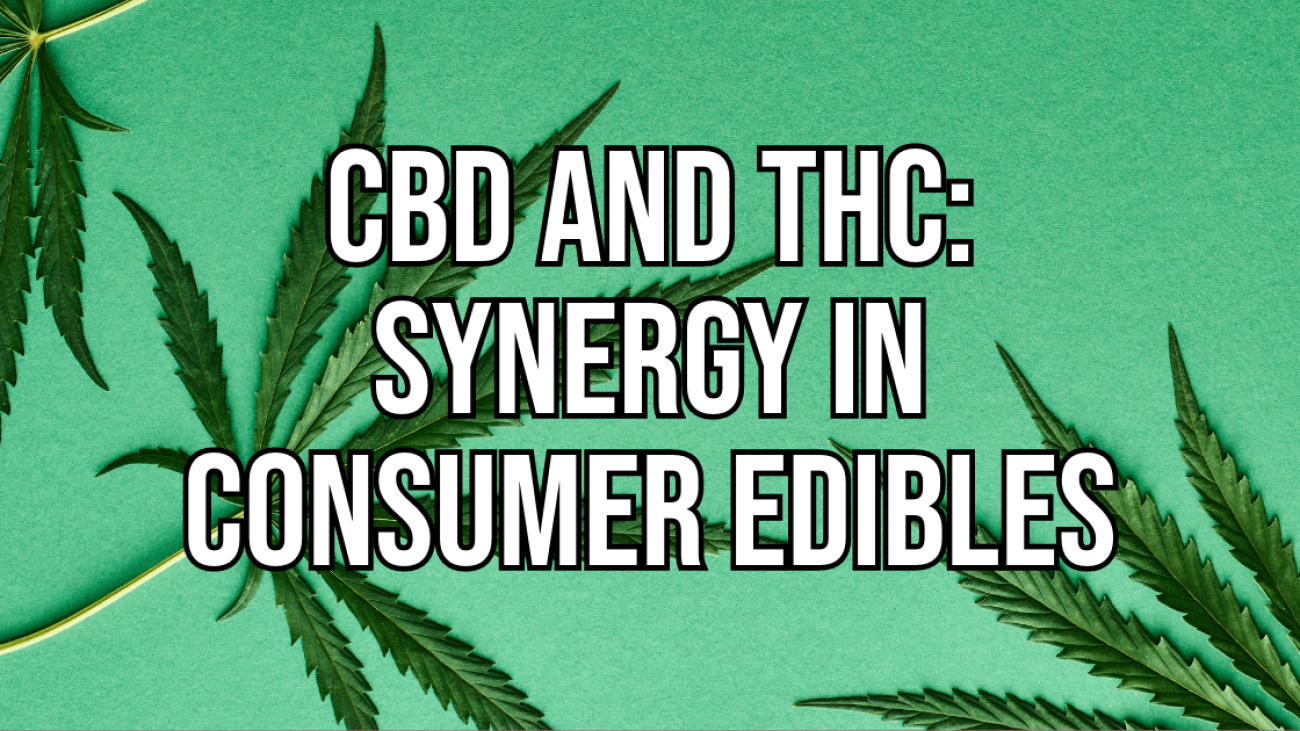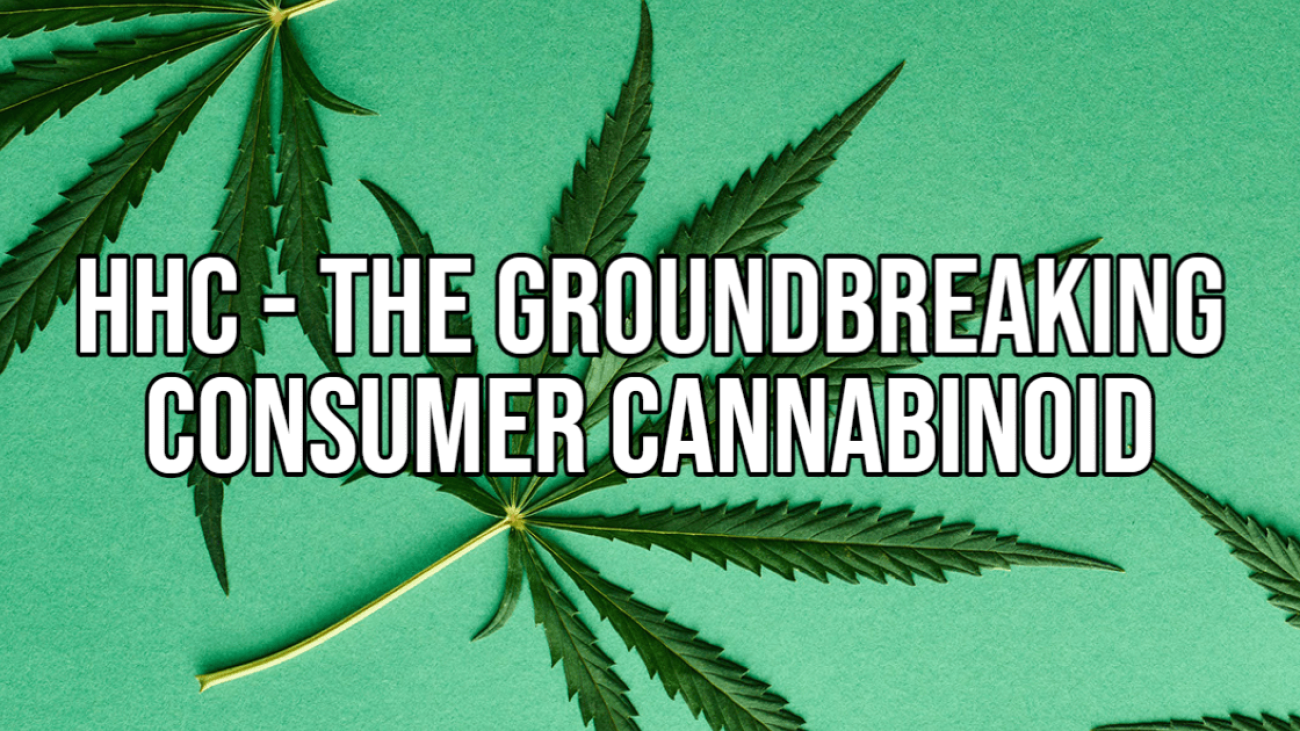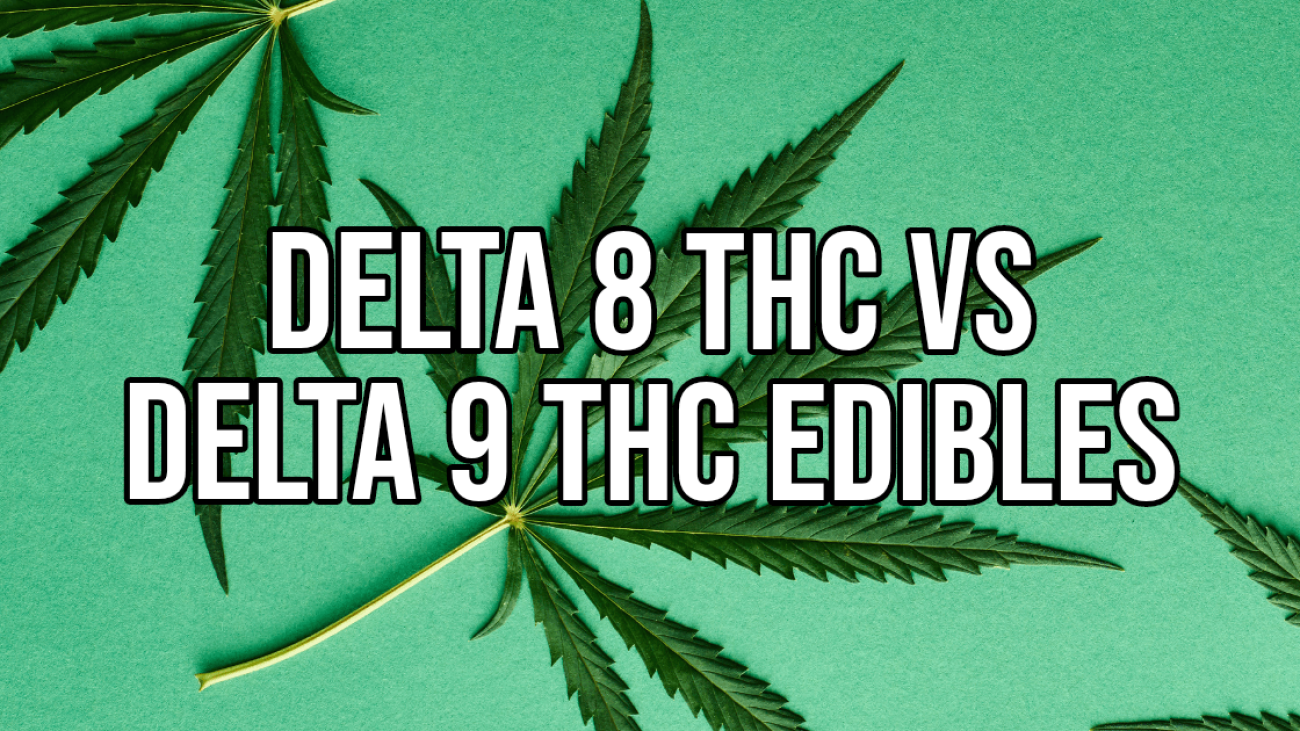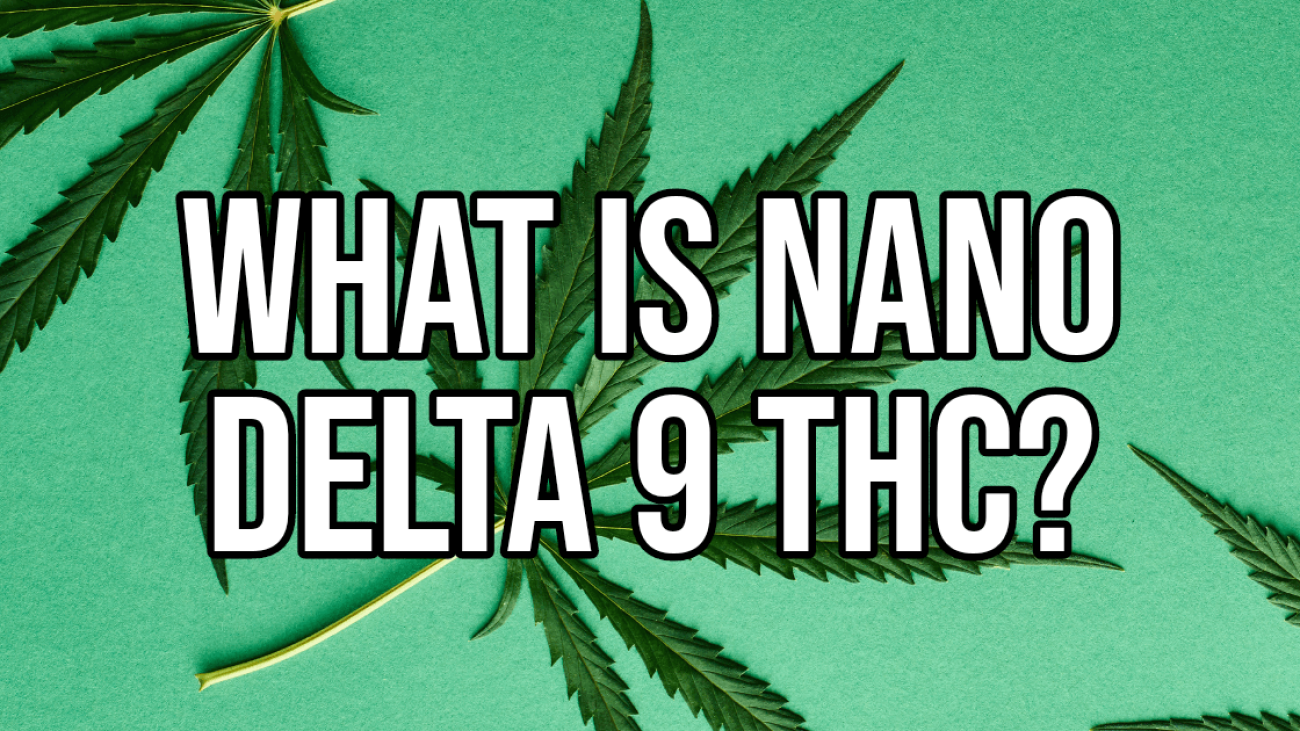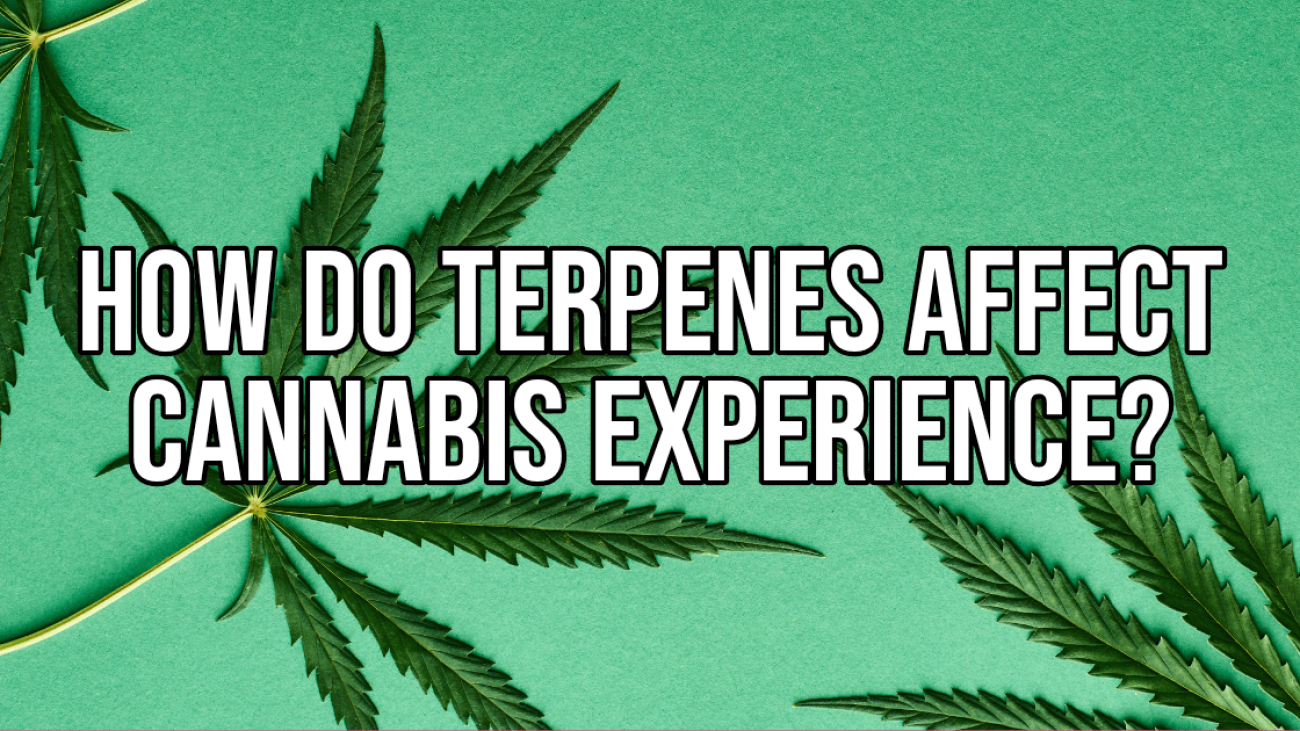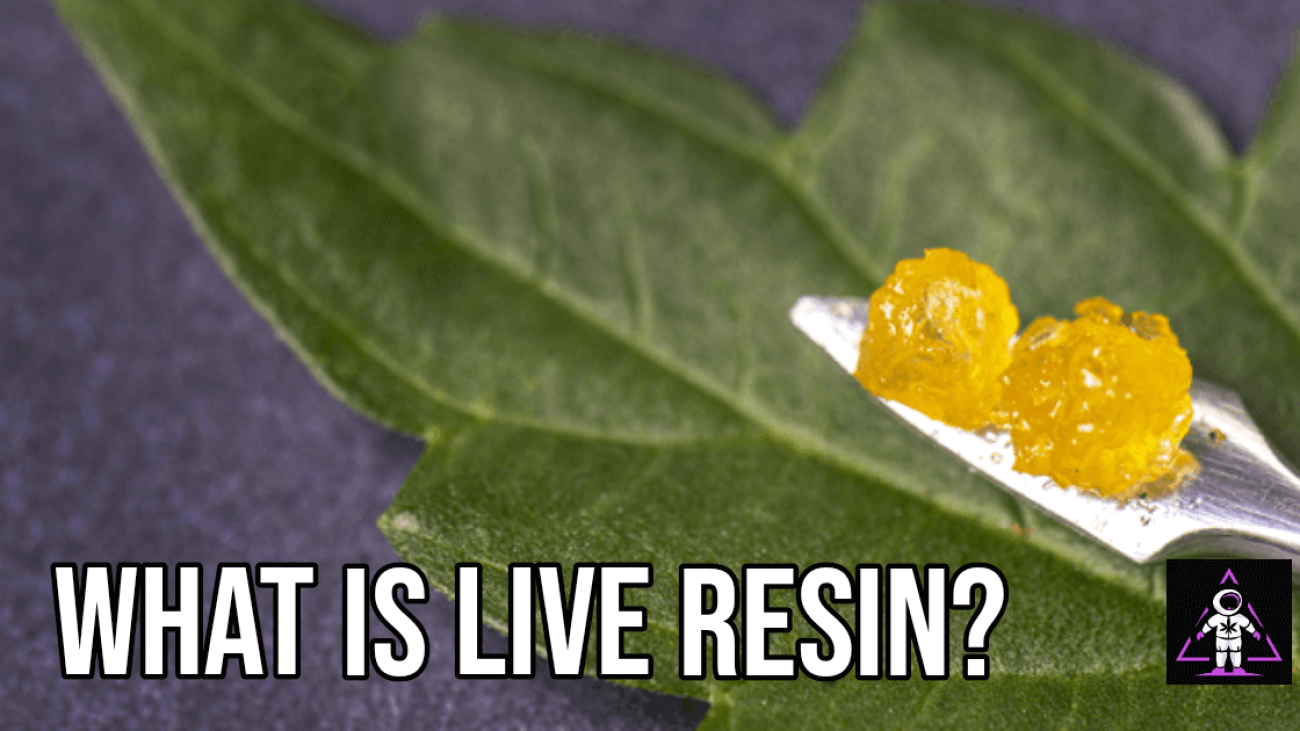In the ever-evolving landscape of cannabis consumption, CBD and Delta 9 THC have emerged as two of the most prominent and intriguing compounds. These cannabinoids, found in the cannabis plant, have garnered significant attention not only for their potential therapeutic benefits but also for their synergy in consumer edibles. This article delves into the fascinating interplay between CBD and THC in edible products, highlighting their collaborative effects, potential health advantages, and the captivating market trends that have arisen as a result. So let’s explore CBD and THC: Synergy in Consumer Edibles.
Exploring the CBD and THC Duo
CBD (cannabidiol) and Delta 9 THC (tetrahydrocannabinol) are both compounds belonging to the cannabinoid family. However, they interact with the human body in distinct ways. CBD is renowned for its non-psychoactive properties and potential to offer a range of therapeutic effects such as stress relief, pain management, and anti-inflammatory properties. On the other hand, THC is responsible for the euphoric “high” associated with cannabis use.
- Synergistic Effects
Recent research suggests that when CBD and THC are consumed together, they exhibit a synergistic effect. This means that the combined presence of both compounds can enhance their individual benefits. For instance, the anxiolytic properties of CBD may counteract the potential anxiety or paranoia caused by higher doses of THC. This interplay could lead to more balanced and manageable experiences for consumers. - Enhanced Therapeutic Potential
The combination of CBD and THC in consumer edibles has sparked interest among medical professionals and researchers alike. Some studies propose that this synergy could lead to improved pain relief, especially in conditions like chronic pain or neuropathic pain. Additionally, the duo’s potential anti-inflammatory properties might offer broader health benefits, potentially aiding in conditions such as arthritis and autoimmune disorders.
The Complex World of Consumer Edibles
Edibles are a popular way of consuming cannabis, offering a discreet and convenient option for users. From gummies and chocolates to beverages and baked goods, edibles have come a long way in terms of variety and accessibility.
- Precise Dosage
One of the challenges of consuming cannabis through traditional methods is achieving accurate dosage. Edibles, however, often provide a consistent and predetermined dosage per serving. This is particularly important when combining CBD and Delta 9 THC, as finding the right balance is crucial for achieving the desired effects. - Prolonged Effects
Compared to inhalation methods, which provide rapid onset but shorter duration of effects, edibles offer a prolonged experience. The digestive process metabolizes cannabinoids more slowly, leading to a gradual onset of effects that can last for several hours. This sustained release is especially appealing for individuals seeking prolonged relief from pain, anxiety, or sleep issues.
Emerging Market Trends
The market for CBD + Delta 9 THC edibles is experiencing significant growth, driven by changing regulations, evolving consumer preferences, and increasing acceptance of cannabis products.
- Diverse Product Offerings
As the popularity of CBD and THC edibles soars, manufacturers are continually innovating to create diverse product offerings. From vegan-friendly options to products tailored for specific health concerns, consumers now have an array of choices catering to their individual preferences and needs. - Wellness and Lifestyle Integration
CBD and THC are no longer limited to recreational use. They have seamlessly integrated into the wellness and lifestyle sectors. Athletes, professionals, and wellness enthusiasts are turning to CBD-THC edibles as potential aids for relaxation, recovery, and stress management.
The Future of CBD-THC Synergy
The symbiotic relationship between CBD and Delta 9 THC in consumer edibles holds exciting potential for both medical and recreational users. As research advances and regulations evolve, we can expect a deeper understanding of their combined effects and applications.
In conclusion, the synergy between CBD and Delta 9 THC in consumer edibles is an intriguing phenomenon that has captured the attention of researchers, medical professionals, and consumers alike. Their collaborative effects, potential health advantages, and the burgeoning market trends make for a dynamic landscape that is poised to shape the future of cannabis consumption. Whether seeking therapeutic benefits or simply exploring new horizons, the CBD + Delta 9 THC duo offers a captivating journey into the world of cannabinoids.

